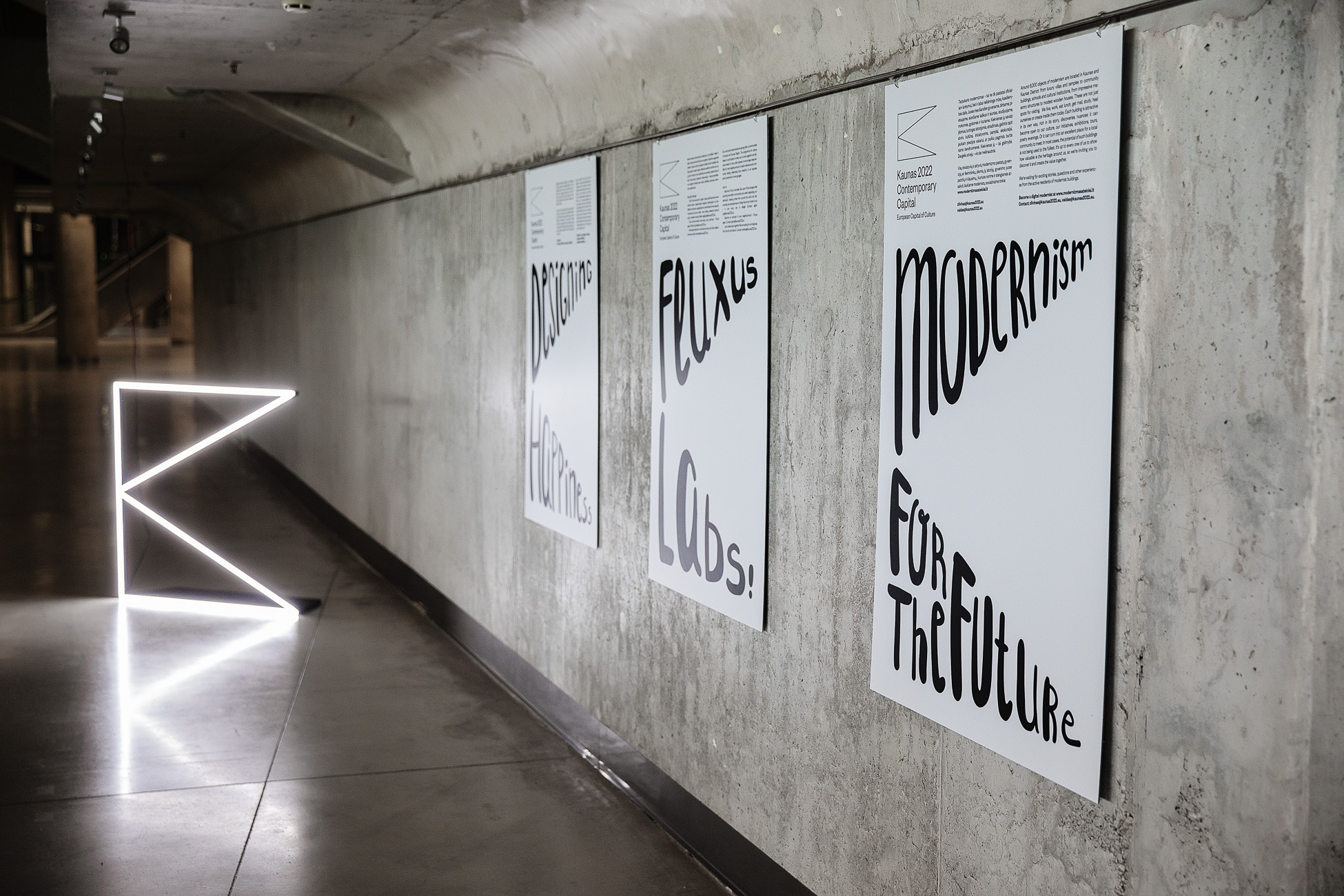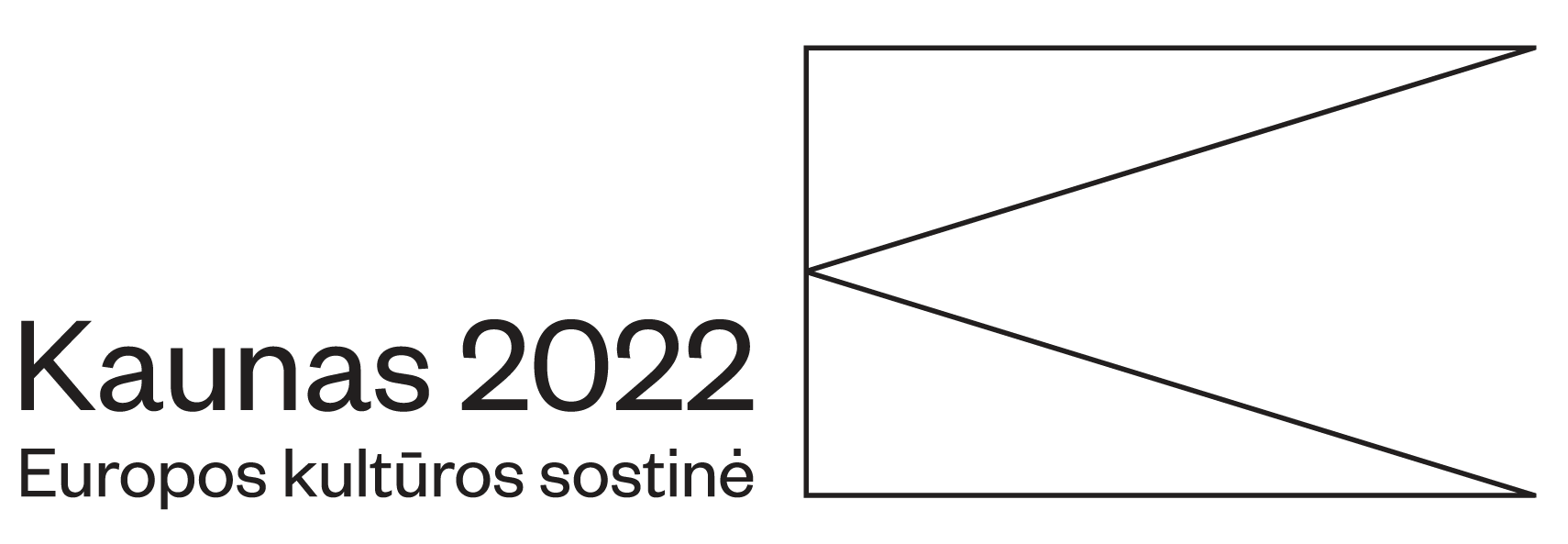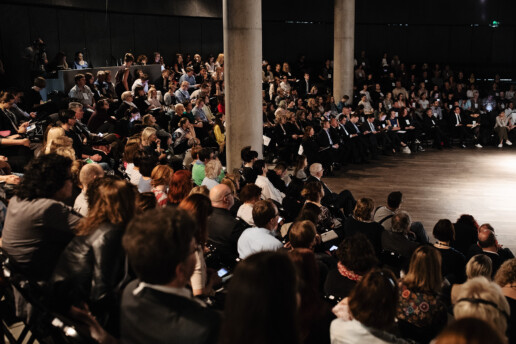The European Capital of Culture Forum to Adress the Legacy of Kaunas 2022 and the Preservation of Free Europe
As spring is gathering pace, the most dynamic season of the Kaunas 2022 programme is upon us. However, the year of the European Capital of Culture (ECoC) is drawing to a close with each passing day.
What should the Kaunas city and Kaunas region expect after 2022? Will the cultural life continue in the same rhythm? What can we do today to ensure the continuity of communities’ and artists’ initiatives? These and other questions will be raised and answered in discussions and informal conversations at the fifth European Capital of Culture Forum, scheduled for 19 May this year. The theme of this year’s event is “Legacy”.
This year’s European Capital of Culture Forum will occur during a very intense cultural programme and will mark the weekend of “Santaka” (Confluence), the second major event of the Contemporary Kaunas Myth trilogy. As every year, the Forum’s main aim is to raise the professionalism and vigour of the cultural sector, reminding each other how culture contributes to the development of cities and regions.
The international event, which started as one of the initial events by the team of Kaunas 2022, has over the years become an essential platform and opportunity for past, present and future ECoC teams and representatives of cultural institutions operating at the European level to meet. And, of course for cultural operators, artists, businesses, researchers, event participants - those without whom neither the Forum nor the whole ECoC programme would be valid.
“The European Capital of Culture project was planned for five years ahead, as a continuous learning and creative process. The Forum has been feeding the project and the cultural community with visions and ideas that we drew from other Capitals of Culture, and more and more from the local cultural field over time. Today, we are halfway through the Capital of Culture year and as the project reaches the finish line, the question is: what next? What vision will we have at the end of this year? What will remain after the project ends? To this end, the Forum will look at the experiences of other European Capitals of Culture, discuss the impact and sustainability of the Kaunas - European Capital of Culture project, as well as how to preserve the project's strongest asset - the active co-creation of communities and the cultural network,” says Ana Kočegarova-Maj, Head of Programme of Kaunas 2022 and curator of the European Capital of Culture Forum.

Kočegarova-Maj hopes that, as every year, the Forum will provide participants with an experience of fellowship and an opportunity to be part of a wide circle of cultural players: “Without help and struggle, the best thing we can do in the face of war is to stay calm and do our job, building a resilient society and strong ties between them. That is why I am particularly pleased that the live circle of participants will be joined by close colleagues from the Lviv Institute for Cultural Strategy, who are the purest example of cultural activism and community mobilisation.“
Immie Jonkmann from Leeuwarden 2018 (The Netherlands), Beatriz Gracia, Senior Research Fellow at the University of Liverpool and Associate Director of the Centre for Cultural Property (UK), among others, have already been confirmed as participants in the European Capital of Culture forum.
The most pressing topic on the minds of professionals in all fields at the moment is the ongoing war in Ukraine. It is a topic that raises the difficult question: how do we preserve a free Europe? That is why a special session of the Forum will be dedicated to the war. A conversation with Yulia Khomchyn, Member of the Lviv City Council, Director of the Institute of Contemporary Art and Head of the Lviv Institute for Cultural Strategy, will focus on the latest developments and how Ukraine can be assisted.
Agata Etmanowicz (President of Impact Foundation, Poland), already well known to many people in the cultural field of Kaunas, will moderate a session on the long-term impact of the capacity building programme and audience development. She is positive that 2022 is (just) a stop on the way, not a final destination: “We are going to summarise the Audience Development Programme for Kaunas 2022 with all its ups and downs and through different perspectives. The storytellers will be organisers, individual participants, organisations and institutions. There will also be a chance to exchange experiences with Rijeka 2020. To conclude, we will also look at the scenarios for the future.”
Among the Lithuanian participants is sociologist Tadas Šarūnas, who is currently conducting an external evaluation of Kaunas 2022. “In our quest for socially and economically powerful cultural policies, we seem to have forgotten to observe the very bases on which this power stands. I will be inviting to come back to observations of everyday life. After all, this is a scene where cultural interactions make their healing touch,” he invites.
Roberto Magro (Italy/Spain) and Džiugas Kunsmanas (Lithuania) will be presenting their magical experiences in the Kaunas district. They will reflect on the foreseeable and unpredictable impacts of their artistic work in the communities of Linksmakalnis, Mastaičiai, Neveronys, and Bubiai. They describe their experience as “creating territories of lived and imaginary poetry”.
The Forum will also look at the impact of the ECoC - not only the numbers in the reports but also the profound changes and the theme of the future after Kaunas 2022. Questions that make sense to ask now are what results, at the social and cultural level, have been achieved by Kaunas and the other ECoC and what measures can be taken to maintain a sustainable continuity of such impact.

Of course, it is crucial to define the legacy, and the Forum will also allow time for this. There will be an opportunity to discuss the footprints of the Capital of Culture on cultural life - its intensification, new festivals and initiatives, innovative practices, and increased cooperation between institutions. It is also about more culturally active neighbourhoods and districts, more vibrant community contacts, changing and purifying identities of the city and the district, and an altered perception of historical events and heritage. The Forum will also look at the examples of other capitals - what results have been achieved in other cities and what measures have helped prevent the loss of heritage.
The Forum will take place on 19 May at Žalgirio Arena in Kaunas, Lithuania.
Registration: https://forms.gle/TnssBVgio1AeVLf29
Programme: https://forumas.kaunas2022.eu
Photo author Martynas Plepys


